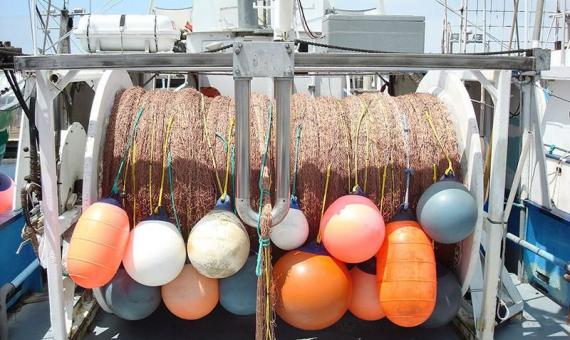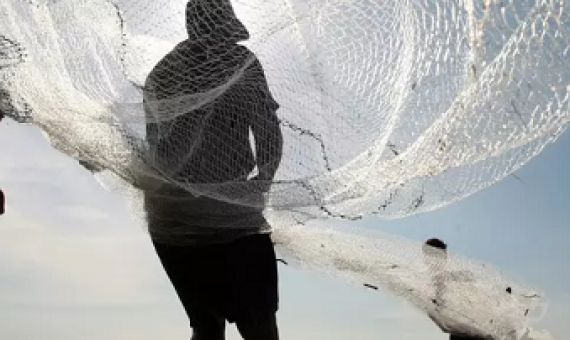Peter Thomson, who is leading the United Nations’ "Goal 14" initiative for sustainable use of the oceans and marine resources, met with Chilean president Sebastian Pinera and other key policymakers to back the South American country's leadership in combating illegal, unreported and unregulated (I
After years of federally mandated protection, scientists see signs that this once ecologically fertile area known as the Hawaiian-Emperor Seamount Chain is making a comeback. Link to full article below.
A comprehensive analysis of more than 11,000 previous coastal-habitat measurements suggests that mangroves and seagrasses provide the greatest value as “nurseries” for young fishes and invertebrates, providing key guidance for managers of threatened marine resources.
Coral reefs in protected areas that regulate fishing and pollution have declined to the same extent as reef systems in unprotected areas, according to recent research.
The Department of Fisheries staff have gone through a 2-day workshop as part of the Project for Promotion of Grace of the Sea in the Coastal Villages Phase III, funded by Japan International Cooperation Agency (JICA).The workshop focused on integrated Community Based-Coastal Resource Managem
Pacific officials preparing for a major international meeting on the international treaty on the high seas must remember that they negotiate on behalf of the people of the Blue Pacific who greatly depend upon the ocean and its resources, says Pacific Ocean Commissioner Dame Meg Taylor.
Impact of Tropical Cyclone Winston on women mud crab fishers in Fiji
Communities dependent on natural resources for food and livelihoods are extremely vulnerable to climate change and its impacts. Tropical cyclones are a frequent occurrence in the Pacific and can have devastating impacts on coastal communities, particularly in remote or isolated areas. However, most post-cyclone studies focus on damages and losses to infrastructure and services, and do not quantify the impact on fishers or community fisheries. We conducted a study to assess the social and economic effects of Category 5 Tropical Cyclone Winston on mud crab fishers in Bua Province, Fiji.
From Thailand to Alaska, the battle to tap ever-dwindling resources from minerals to fish is spurring new conflicts over who has the right to the treasures of the deep seas. Click on the link below to read the full article.
Since 1974, the Our World-Underwater Scholarship Society® has provided firsthand experiences in underwater-related disciplines to young people considering careers in the underwater world. Click on the link below for further information on marine-related scholarships offered.
Millions of pounds’ worth of funding to tackle global overfishing and protect coral reefs will be announced at a major conference in Indonesia this week.Click on the link below to read the full article.















